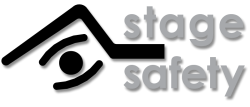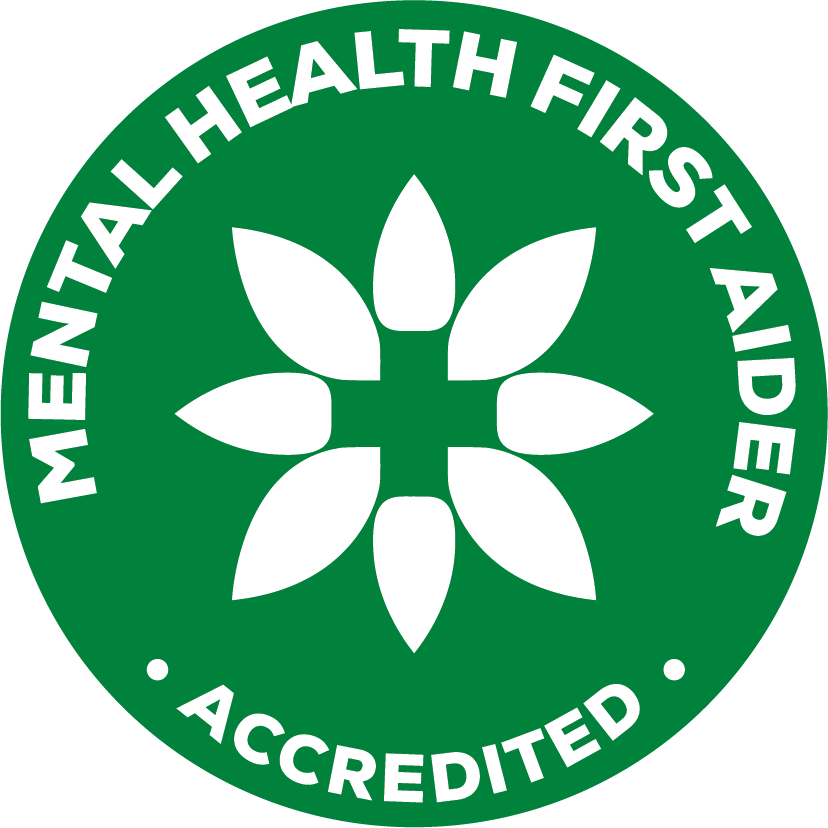

| How can we help? |
|
Crowd Management
There is a vast difference between Crowd Control and Crowd Management.
Crowd Control is a reactive process. It steps is when a crowd behaves differently from expectations and forces the crowd to do things as the authority at that moment wishes. It often relies on force, either physical or sheer numbers, to enforce 'control'.
Where it may have its' place in law enforcement, it rarely leaves people with the good experience event organisers and entertainment providers aim for.
Crowd Management is based around understanding crowd dynamics and creating an environment where people feel they are in control but actually are gently guided to behave as the organisers intended.
Crowd Management starts with analysing the demographics of the expected audience, understanding their expectations when attending the event. The expectations from a hard rock concert crowd are very different from an Electronic Dance Music crowd. A kids' show requires a completely different approach from a corporate event.
Crowd Management is often overlooked or not seen as the event organiser respnsibility. This means that crowd behaviour can only be reacted upon rather then subtly managing the crowd. Good crowd management can also be seen as a business development tool, meet the expectations of the people and will have a better time and likely to promote the event, venue or organisation.
Crowd Science Training
We are extremely proud to have been contacted by Professor Keith Still, the leading scientist when it comes to Crowd Science, to deliver his world renowned course 'Applied Crowd Science', in conjunction with the Dutch Event Safety Institute, in Australia.
For more details about the course, click the blue button
For a link to planned courses in Australia, click the purple button
Sensible risk management
Sensible risk management is about:
- Making sure all potential risks are identified
- Focus on reducing real risks – both those which arise more often and those with serious consequences
- Encourage innovation and learning not stifling them
- Ensuring that those exposed to risk understand the consequences if not taken seriously
- Understand that as well as the right to protection, people also have to exercise responsibility
Sensible risk management is not about:
- Aiming for a totally risk free environment
- Generating mountains of useless paperwork
- Scaring people by exaggerating trivial risks and ignoring real risks
- Stopping important recreational and learning activities for individuals where the risks are managed
- Reducing protection of people from risks that cause real harm and suffering
Sensible WHS Systems
The biggest problem most people in the entertainment industry have is that much of the OH&S documentation is based on building sites or manufacturing, often quite different from the entertainment industry environment. This has often lead to misconceptions, wrong interpretations and downright silly situations.
Stage Safety aims to de-mystify the 'chinese whispers', working on a safer, and happier, workplace for everyone.
Our philosophy is to work with you, so that together we develop, maintain and monitor your own WHS policy and systems.
We will sit down with you and your staff, analyse your needs, explain what is required - and why, and then come up with proposals how you can run your business in compliance with the Act and the Regulation without hampering the way you operate.
Crowd Management
There is a vast difference between Crowd Control and Crowd Management.
Crowd Control is a reactive process. It steps is when a crowd behaves differently from expectations and forces the crowd to do things as the authority at that moment wishes. It often relies on force, either physical or sheer numbers, to enforce 'control'.
Where it may have its' place in law enforcement, it rarely leaves people with the good experience event organisers and entertainment providers aim for.
Crowd Management is based around understanding crowd dynamics and creating an environment where people feel they are in control but actually are gently guided to behave as the organisers intended.
Crowd Management starts with analysing the demographics of the expected audience, understanding their expectations when attending the event. The expectations from a hard rock concert crowd are very different from an Electronic Dance Music crowd. A kids' show requires a completely different approach from a corporate event.
Crowd Management is often overlooked or not seen as the event organiser. This means that crowd behaviour can only be reacted upon rather then subtly managing the crowd. Good crowd management can also be seen as a business development tool, meet the expectations of the people and will have a better time and likely to promote the event, venue or organisation.
Crowd Science Training
We are extremely proud to have been contacted by Professor Keith Still, the leading scientist when it comes to Crowd Science, to deliver his world renowned course 'Applied Crowd Science', in conjunction with the Dutch Event Safety Institute, in Australia.
For more details about the course, click the blue button
For a link to planned courses in Australia, click the purple button
Who we are and what we have done
In the last few years we have been providing services to a broad range of events, exhibitions, concerts and companies.
From basic OH&S policies to detailed risk assessments for large events.
Have a look at who we are and what we have been doing lately!
COVID-19
The spread of the Coronavirus and subsequent infections by COVID-19 shut down the entertainment industry around the world from March 2020
The economic impact of the 'lock-downs' has been overwhelming for most people, struggling to make ends meet and to see how we can move forward in a new reality.
It will be of the greatest importance to understand how the virus spreads and what we can do to control outbreaks.
Stage Safety has been spending much oof their lockdown researching the spread of coronavirus in the past, understanding how it spreads based on international research and finding ways to control the risk as best as possible within our workplaces.
Australian Entertainment Resource Guide
The entertainment industry needed a reference guide how to meet its’ obligations under the current WHS legislation, Codes of Practice and Australian Standards.
In 2017 Roderick van Gelder and Stage Safety ran a successfull crowd-funding campaign to raise money to start work on the first industry specific safety handbook for Australia.
With the generous support from individuals and businesses Roderick set-out to write the guide roughly based around the Purple Guide concept.
CX Magazine provided the website support to get everything on-line for review and comment by late 2017 and administer the subscriptions.
In 2018 the paywall was removed to give everyone access to the information. Unfortunately this meant that there is no funding available to update the Guide as initially intended. The site is still very well visited and hopefully one day there will be financial support to take it to the next level.
Click to see more detail about the guide and a link to the site
How to get in touch with us
Stage Safety p/l
PO Box 307
Hunters Hill NSW 2110
Phone: +61 (0)2 9879 3602
Mobile: +61 (0)414 406 052
Stage Safety p/l is a proud member of:

 Roderick van Gelder is MHFA Accredited
Roderick van Gelder is MHFA Accredited 

